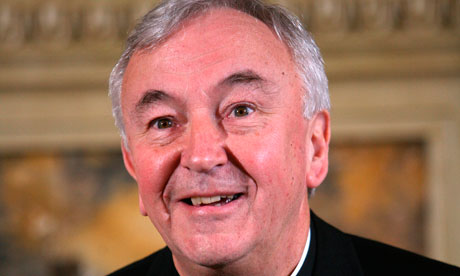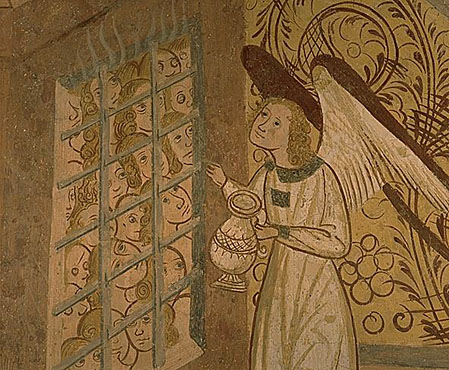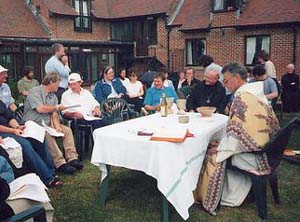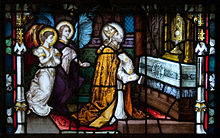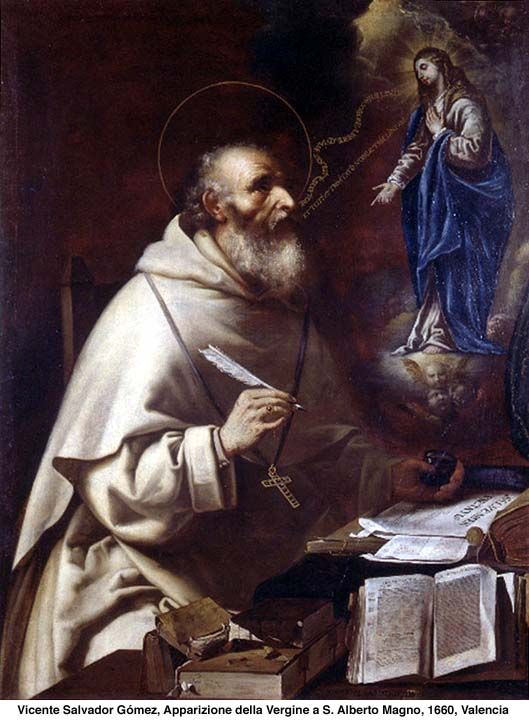"St. Andrew," by El Greco
Today the Church celebrates the feast of St. Andrew (d. 60 AD). St. Andrew, the brother of St. Peter, was from Galilee, and like his brother was a fisherman. In the Orthodox tradition, he is known as the "Protokletos" meaning "the first-called." According to the Gospel of St. John, Andrew was a disciple of John the Baptist, and was led by John's preaching to follow Jesus. Recognizing Jesus as the Messiah, St. Andrew hastened to introduce Him to his brother. In the New Testament, St. Andrew is always numbered among the first four Apostles.
According to tradition, St. Andrew was the first bishop of Byzantium, and preached along the Black Sea and Volga River as far as Novgorod. St. Andrew was martyred upon a saltire, or X-shaped cross, at Patrae in what is now Greece, where his relics were kept until transferred to Constantinople in 357 AD. When French crusaders captured Constantinople in the thirteenth century, many of St. Andrew's relics were carried to Rome. In 1461 AD, after the fall of Constantinople to the Ottoman Turks, the head of St. Andrew was given by Michael Paleologus to Pope Pius II, who enshrined it in one of the four central pillars of St. Peter's Basilica. As a gesture of goodwill, in 1964 Pope Paul VI returned all of St. Andrew's relics to the Greek Orthodox church, and they are now kept again at Patrae.
There is a legend that in the 10th century, relics of St. Andrew were supernaturally transported to what is now the town of St. Andrew's in Scotland. Wikipedia relates the following additional legend regarding St. Andrew and Scotland:
"[I]n 832 AD, Óengus II led an army of Picts and Scots into battle against the Angles, led by Æthelstan, near modern-day Athelstaneford, East Lothian. The legend states that whilst engaged in prayer on the eve of battle, Óengus vowed that if granted victory he would appoint Saint Andrew as the Patron Saint of Scotland. On the morning of battle white clouds forming an X shape in the sky were said to have appeared. Óengus and his combined force, emboldened by this apparent divine intervention, took to the field and despite being inferior in terms of numbers were victorious. Having interpreted the cloud phenomenon as representing the crux decussata upon which Saint Andrew was crucified, Óengus honoured his pre-battle pledge and duly appointed Saint Andrew as the Patron Saint of Scotland. The white saltire set against a celestial blue background is said to have been adopted as the design of the flag of Scotland on the basis of this legend."
St. Andrew, pray for us.

